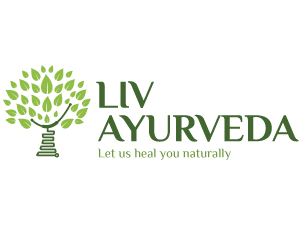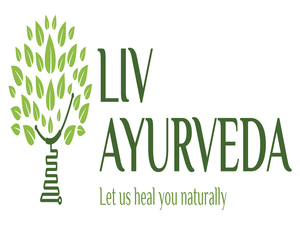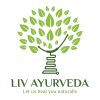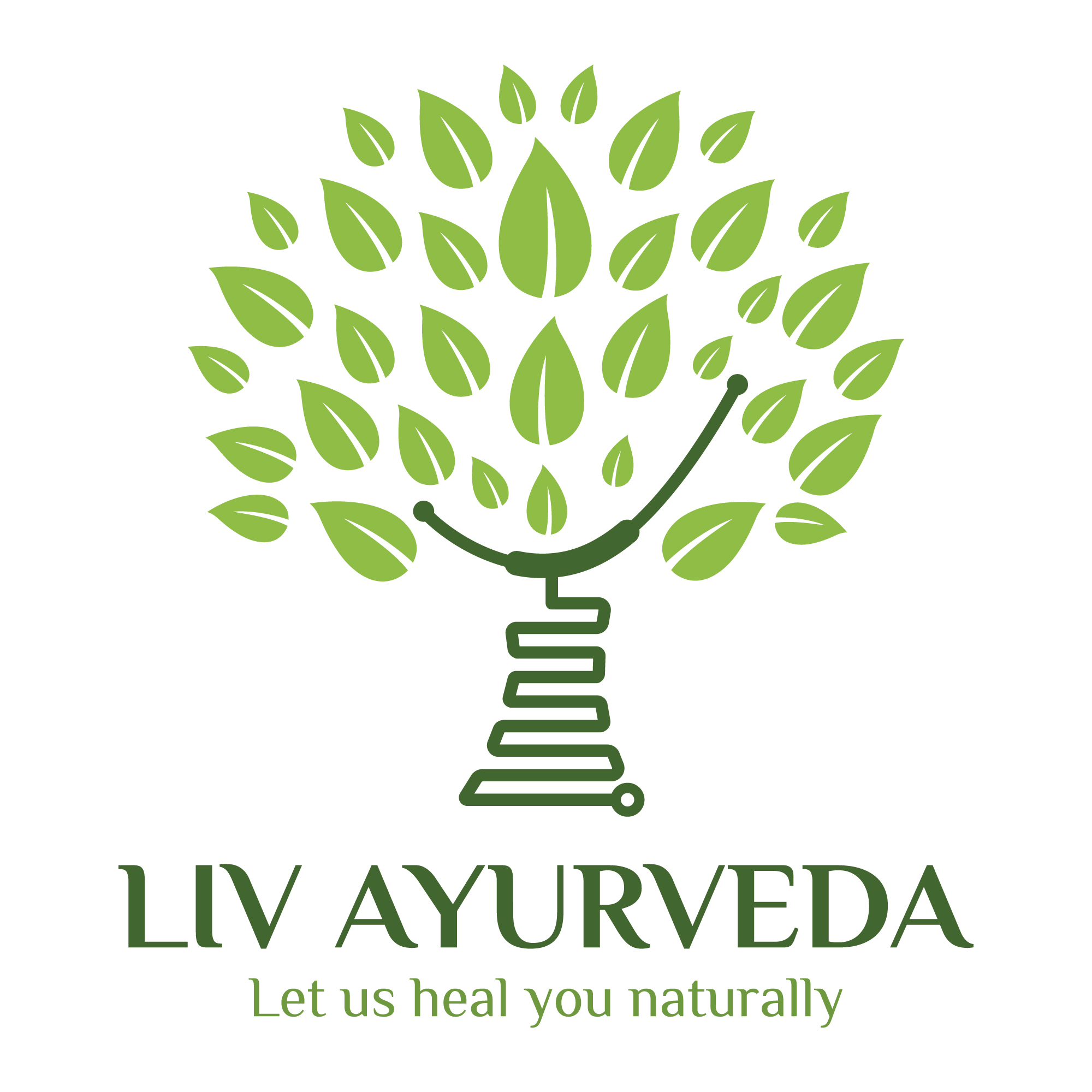Ayurveda, the traditional medicine of India is one of the oldest systems of health care that has served tens of millions of people continuously since then. It is believed to be at-least 5000 years old and originated in the land of ancient India by trials and errors later turning into a scientific system of that time. In the texts of Veda, the oldest doctrines in the world, you can see teachings of Ayurveda which are believed to be 5000 years old. There is some similarity between Australian Aboriginal Medicine and Ayurveda, and considering the fact that a group of Aboriginal Australians migrated from India about 60000 years ago, some suggest that Ayurveda is also at least 60000 years old.
BC second century to AD 5th century is considered as the golden period of Ayurveda during which important books on Ayurveda like Charaka Samhita, Sushruta Samhita and Ashtanga Samgraha that are available even today and relevant even in this contemporary world are written. The author of Charaka Samhita, Acharya Charaka is considered as the father of ancient medicine. Author of Susruta Samhita, Acharya Susruta is considered as the father of Surgery and you can see his statue in Royal College of Surgeons in Melbourne. Due to political reasons Ayurveda faced stagnation in growth which worsened over the centuries until 19th century when socio-political changes in India and policies of World Health Organisation (WHO) helped to revive Ayurveda. World Health Organisation recognises Ayurveda as the traditional medicine of India and Australia recognises Ayurveda as a bona fide system of health care. However, Ayurveda was in continuous practice and an integral part of lifestyle through- out South east Asia from time immemorial. Ayurveda is considered as one of the oldest and time-tested systems of the healthcare that helps to bring back health and wellness of individuals by means of natural treatments and herbal cures.
World follows India regarding the practices of Ayurveda. In India, Bachelor’s in Ayurvedic Medicine and Surgery (BAMS) 5.5 to 6 years full time course is the basic qualification to practice Ayurveda. The course structure of BAMS is similar to MBBS in India, where students are studied extensively via hands on experience in in-patient wards and out-patient departments for 4.5-5 years and internship for a year and those who completed BAMS successfully are known as Ayurveda Doctors or Ayurvedic Doctors who are often referred as Naturopathic Doctors or Ayurvedic Physicians in the West. Australia offers Advanced Diploma in Ayurveda, 1.5-2 years course to become an Ayurvedic Practitioner. In order to practice Ayurveda independently in Australia one needs to have professional registration with a professional body like Australasian Association of Ayurveda (AAA), Australian Traditional Medicine Society (ATMS), Complementary Medicine Australia (CMA) and so on. At Liv Ayurveda, we have qualified and accredited Ayurvedic physicians and practitioners.
Ayurveda is a holistic system
Ayurveda is a holistic system of healthcare that focuses on healing the whole individual; both mind and body together as a single unit. Holistic approach becomes very much needed in chronic health problems where multiple systems are affecting and the person is experiencing varying symptoms from different parts of the body and mind. Ayurveda’s functional approach helps to analyse the root causes of problems, and recommends a health care plan that involves addressing the existing multi system problems and preventing future episodes. Ayurveda can support with your diet and lifestyle plan so that you can support your body with healing.
Ayurveda also can support by addressing stress and boosting digestion, metabolism and circulation by massage therapies. As stress is the one thing that can contribute to almost any disease in the world, addressing stress is vital in the process of healing. Ayurvedic detox therapies known as Panchakarma can help to cleanse your body so that your body find it easier to fight the disease. At Liv Ayurveda, our experienced practitioners provide holistic health plans adhering to the core values of Ayurveda to help you to heal from your root causes.
Ayurveda offers individually tailored plans
We are different from one another. Some of us have dry skin; some others oily. Some tend to gain weight easily; some others struggle to gain weight. Some of us tend to be anxious; some others feel down easily. It is coming from the difference in the way our body functions. Ayurveda understands the differences among individuals as body type (Prakruti meaning identity). It is important to consider this individual difference while making treatment plans. By understanding body type, Ayurveda offers individually tailored plans to support your healing and boost your health according to your body type. At Liv Ayurveda, we offer highly effective individually tailored health care and treatment plans to heal you naturally.
Ayurveda is natural
Ayurveda is the system of health care that developed along with humans using natural products available in their surroundings. Ayurveda understands various natural products available and how it affects the body. This understanding only helps with herbal products, but also with food, lifestyle, massages and detox therapies. Ayurveda not only uses natural products like fruits, leaves, roots, herbs and so on to support the body, but also recommends to use them whole so that we are using the cosmic wisdom within that product. Ayurveda believes that side effects and complications are much lesser when we use a natural product by itself rather than separating its active principles.
No side effects
Ayurveda is the system of health care that developed along with humans using natural products available in their surroundings. Ayurveda understands various natural products available and how it affects the body. This understanding only helps with herbal products, but also with food, lifestyle, massages and detox therapies. Ayurveda not only uses natural products like fruits, leaves, roots, herbs and so on to support the body, but also recommends to use them whole so that we are using the cosmic wisdom within that product. Ayurveda believes that side effects and complications are much lesser when we use a natural product by itself rather than separating its active principles.
Ayurveda has a deep science
Ayurveda is developed by scientific and holistic approach. Ayurveda understands the body at a deeper functional level and recommends use of various herbal combinations and food by understanding their effects on the body. As per Eastern philosophy, everything in this Universe is made up of 5 basic elements of material existence; Ether, Air, Fire, Water and Earth. It is applicable to each and every, big and minute particles of material existence. It is applicable even at an atomic level. The Ether gives the space, the Air gives the movements, the Fire gives the energy, the Water keeps it together and Earth gives mass. In a living individual these five elements are recategorized into three doshas or functional particles. (Some people consider doshas as energy as they are so subtle). They are Vata, Pitta and Kapha. Ether and Air forms Vata (air factors), Fire and Water forms Pitta (fire factors) and Water and Earth forms Kapha (water factors).
Any functional particle that behaves like air in the external world for eg: Nervous energy, movements at joints, etc are known as Vata. Anything that behaves like Fire in the external world like digestive enzymes are known as Pitta. Anything that behaves like water in the external world for example lipids or mucous (they support growth, maintenance, repair) are known as Kapha. These three groups are quite opposite to each other; at the same they are quite interdependent to each other. When these doshas are in balance, we are healthy; and when the balance is affected, we begin to feel uneasy leading to diseases (if not addressed timely). Ayurveda says that imbalance of doshas are the root causes of diseases. Even in cases of infections, imbalance results in poor immunity leading to infections.
Ayurveda aims to bring that very balance. Although Ayurveda can combat diseases, rather than solely fighting the diseases it ultimately aims to fully restore the health, by perfectly balancing the body, mind and spirit. Along with that, Ayurveda also brings tranquillity in an individual, removes toxins in a body and helps in youthfulness. Most importantly, these treatments and remedial measures do not have any side effects and that is why many opt for Ayurveda. Embark on your Ayurvedic journey with us!







